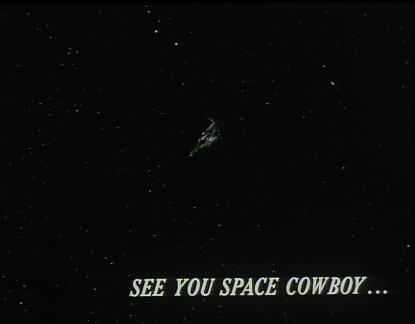| How can you feel like this guy? |
Remember that great blog post I wrote about how to make the player feel villainous? Well, one method for making the player feel heroic is similar to that of being villainous. That method is choice. However, this is a bit more difficult. If you have a character base that is supposed to be heroic, i.e. the character is a super hero, then you don't want to necessarily give them the choice to do something outright evil. It wouldn't make sense from a story perspective that your superman would kill the old woman instead of rescue her. In my experience, I've found an interesting addition is what I call the "do the crazy thing" choice. I'll give an example.
In the Dark Astoria arcs (I'll make sure you're all tired of me referencing these), I had a mission culminate in two characters being held by a bunch of enemies. The situation was that they were going to kill both of them. However, they tell the player that, defacto, they'll just let one of the characters go free, but the other one dies instantly. The player is given another option, which is to try to save both characters. The stipulation is that the player has two minutes to save both, and if they don't succeed, both characters die. The choice here is take the sure answer and let one die, or take the risk of both of them dying to save them both.
At its heart, it's the choice between the safe answer and the dangerous one, where the dangerous one risks losing everything. The feedback from players regarding this was very interesting; many people found it thrilling to have to go against the odds to save everything and knowing that they chose not to take the safe route. It's what a hero does, right? If they're given the option to save person A or person B, their option is the third one, which is to save all the people, even if it means losing everything. Of course, this is totally up for debate - it might not be terribly smart to try to save both people. But in this case, super heroes are supposedly to defy every day "smartness" to do the incredible.
I'm looking forward to exploring more about this theory and using it in different ways. It's important that it's not just a theory of, "put a time limit to make them feel heroic", but that the essence is putting the player in a scenario with a safe answer vs. a risky answer. Of course, this doesn't solve the problem of creating a difficult choice, one that has a person chewing their nails over which is right and which is wrong. I'll cover that in my next post on Monday, which will probably be a bit longer too!
 |
| Or even shorter. Who knows? |
No comments:
Post a Comment